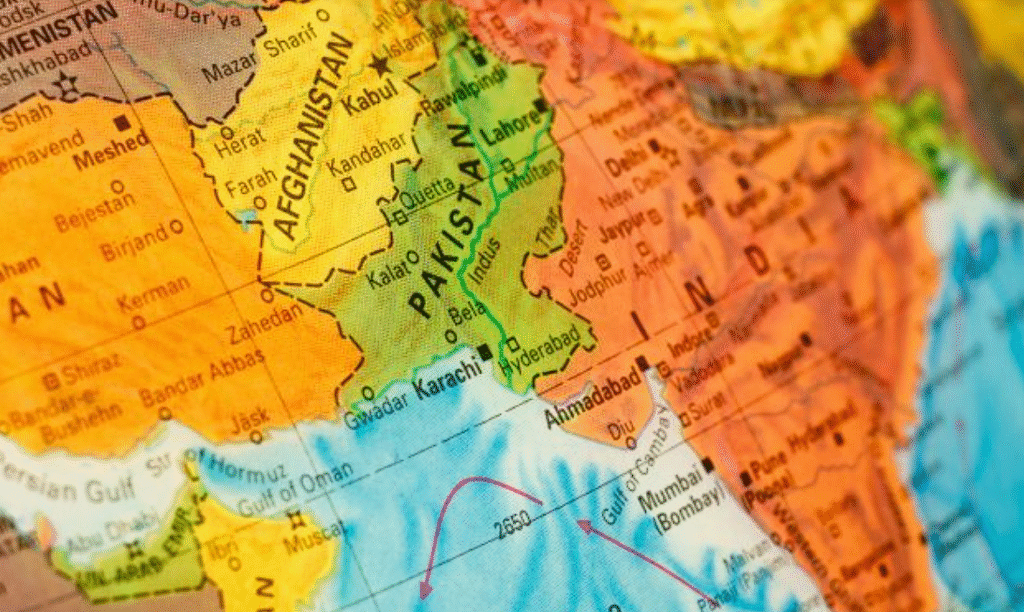Cross-Border War Escalates: Pakistan Faces Wave of TTP Attacks & Pipeline Sabotage as New Counter-Terror Campaign Falters
Regional Tension Spikes After Pakistani Strikes on Afghanistan; Operation Azm-e-Istihkam Faces Domestic Backlash

The security environment in Pakistan has rapidly deteriorated, characterized by heightened cross-border tensions with the Afghan Taliban and a surge in attacks by the Tehrik-e-Taliban Pakistan (TTP). This dual challenge is creating a severe Pakistan TTP Security Crisis, undermining domestic stability and straining regional diplomacy.
Escalation: Pakistani Strikes Spark Afghan Taliban Outrage
The most immediate cause of panic is the recent tit-for-tat escalation along the Afghanistan-Pakistan border. While initial user reports suggested ‘Taliban drones hit Pakistan,’ the confirmed news is a critical reversal: the Afghan Taliban government strongly condemned Pakistan for conducting recent airstrikes in their eastern provinces (Khost, Kunar, Paktika), resulting in civilian casualties. The Taliban warned of a strong response, worsening diplomatic ties that had recently seen a fragile ceasefire.
Pakistan maintains that its targeted operations are necessary to dismantle TTP sanctuaries that are allegedly operating from Afghan soil—a charge Kabul consistently denies. However, the recent strikes, whether by drones or aircraft, represent a significant military action and a major spike in geopolitical risk, proving the failure of diplomatic engagement to resolve the TTP issue.
The TTP’s Strategy: Targeting Critical Infrastructure
Compounding the border crisis is the TTP’s persistent and effective campaign of internal sabotage. The militant group, which ended its ceasefire in late 2022, has repeatedly targeted the nation’s energy sector. Recent incidents confirm that the TTP has blown up a major gas pipeline in the Khyber Pakhtunkhwa province, disrupting supplies to the largest province, Punjab. These systematic attacks on critical infrastructure highlight the TTP’s intent to destabilize the country’s economy and create a sense of national vulnerability, thereby intensifying the Pakistan TTP Security Crisis.
Azm-e-Istihkam: Controversy and Doubts
In response to the nationwide surge in violence, the government launched Operation Azm-e-Istihkam (Resolve for Stability) in June 2024, designed to integrate military operations with socio-economic development. However, the operation has immediately faced backlash from various political parties and public figures, particularly in Khyber Pakhtunkhwa and Balochistan. Critics argue that the new initiative is merely a continuation of past military-focused campaigns that have historically failed to address the root causes of extremism. The lack of political consensus and the fear of civilian displacement suggest that the new strategy is struggling to gain the public buy-in needed for a long-term, successful counterinsurgency campaign, casting doubt on its effectiveness in resolving the current Pakistan TTP Security Crisis.
